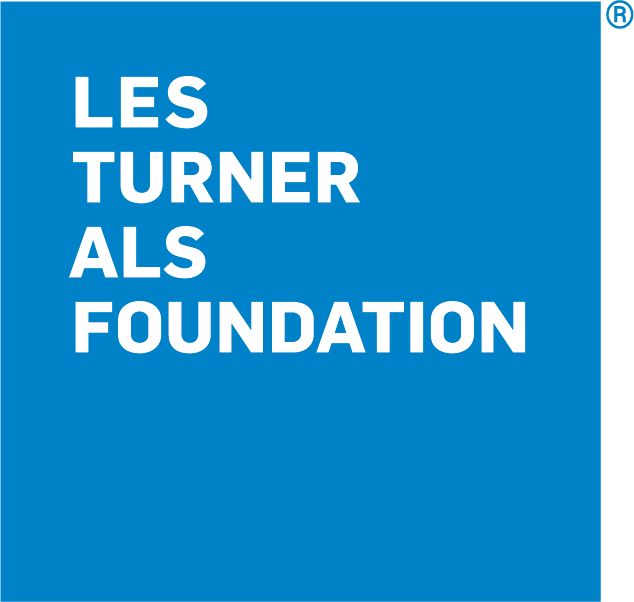
Dr. Heather Bennett
Because we live in a changing environment, our survival and function depend on adapting to novel, potentially stressful, conditions. Is our ability to adapt to changing conditions fixed or is it possible to enhance our ability to tolerate a stressful environment?
New work done by Heather Bennett, PhD, as a post-doctoral fellow in the lab of Robert Kalb, MD, director of our Les Turner ALS Center at Northwestern Medicine, investigated this important question using a tiny organism C.elegans. These worms normally reside in the soil and geneticists used them to provide fundamental insights into a wide variety of biological processes. No fewer than four Nobel Prizes have been awarded based on “the awesome power” of C.elegans.
“These studies provide a new context for thinking about insults to cells,” said Dr. Kalb. “We believe there are likely to be implications for finding druggable targets in ALS and other neurodegenerative diseases.”
In studies on the survival of C.elegans to low oxygen conditions, Bennett explored the “pre-conditioning” phenomenon.
Advanced chemo-genetic technology was used to show that a brief period of inactivity from the nervous system robustly protected the C.elegans from a subsequent and otherwise lethal, low oxygen insult. Interestingly, it is the activity within a very specific neuronal circuit that controls the vulnerability to a subsequent insult.
“Even with familial ALS we really haven’t agreed what is the key pathological event that leads to motor neuron death,” explained Dr. Kalb. “What we want to do is generally increase the resistance of cells and organisms to insult. Regardless of the insult, the more we know about how to make cells survive insults, the more it might be applicable to a specific disease like ALS.”
Read more about research in the peer-reviewed journal Genes, Brain and Behavior.
Heather Bennett got her PhD at Brown University and is currently an Assistant Professor at Bard College

